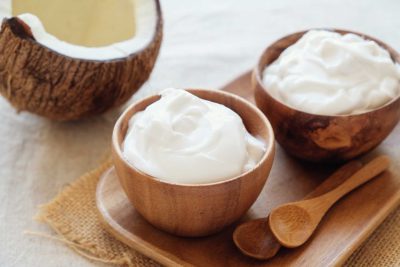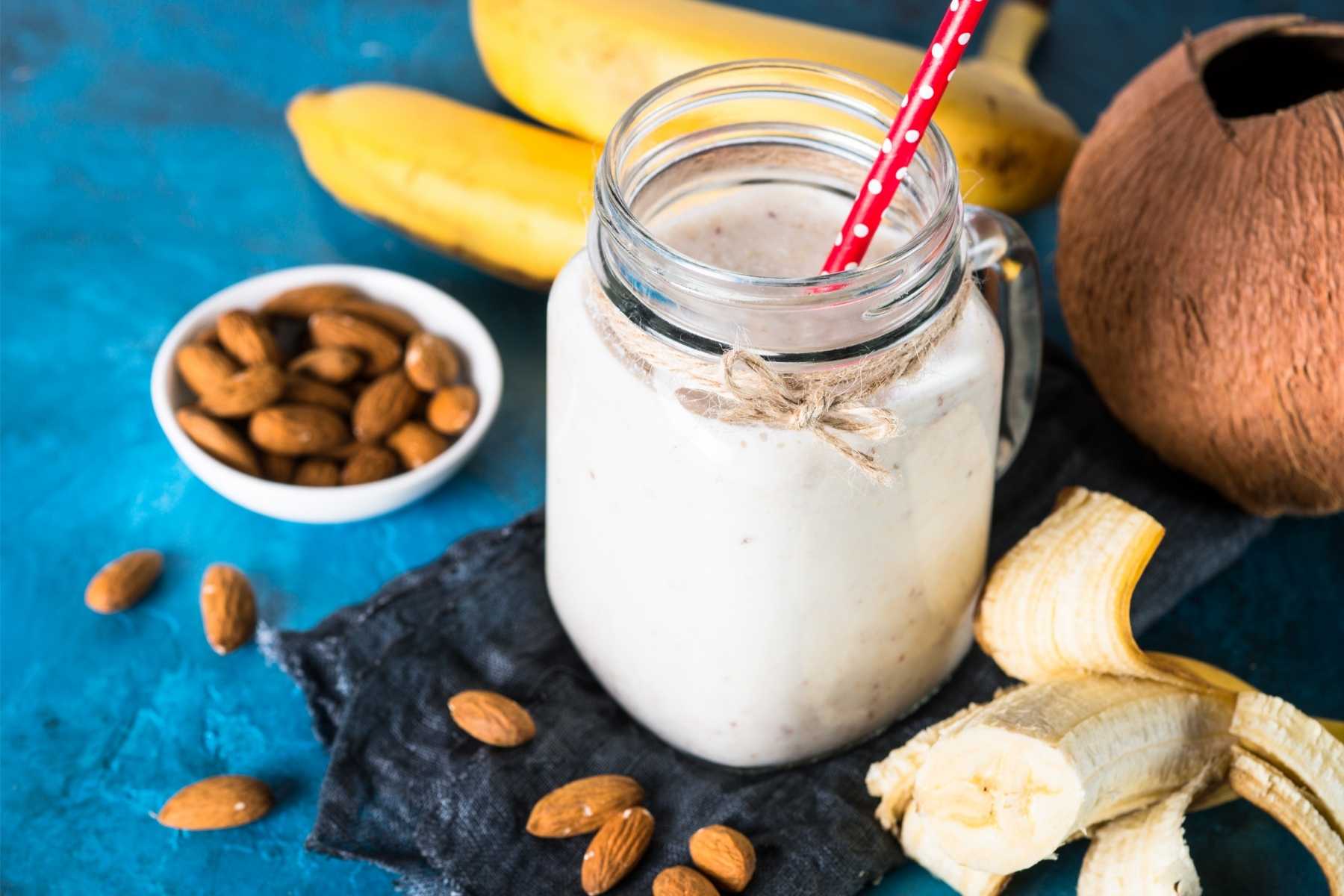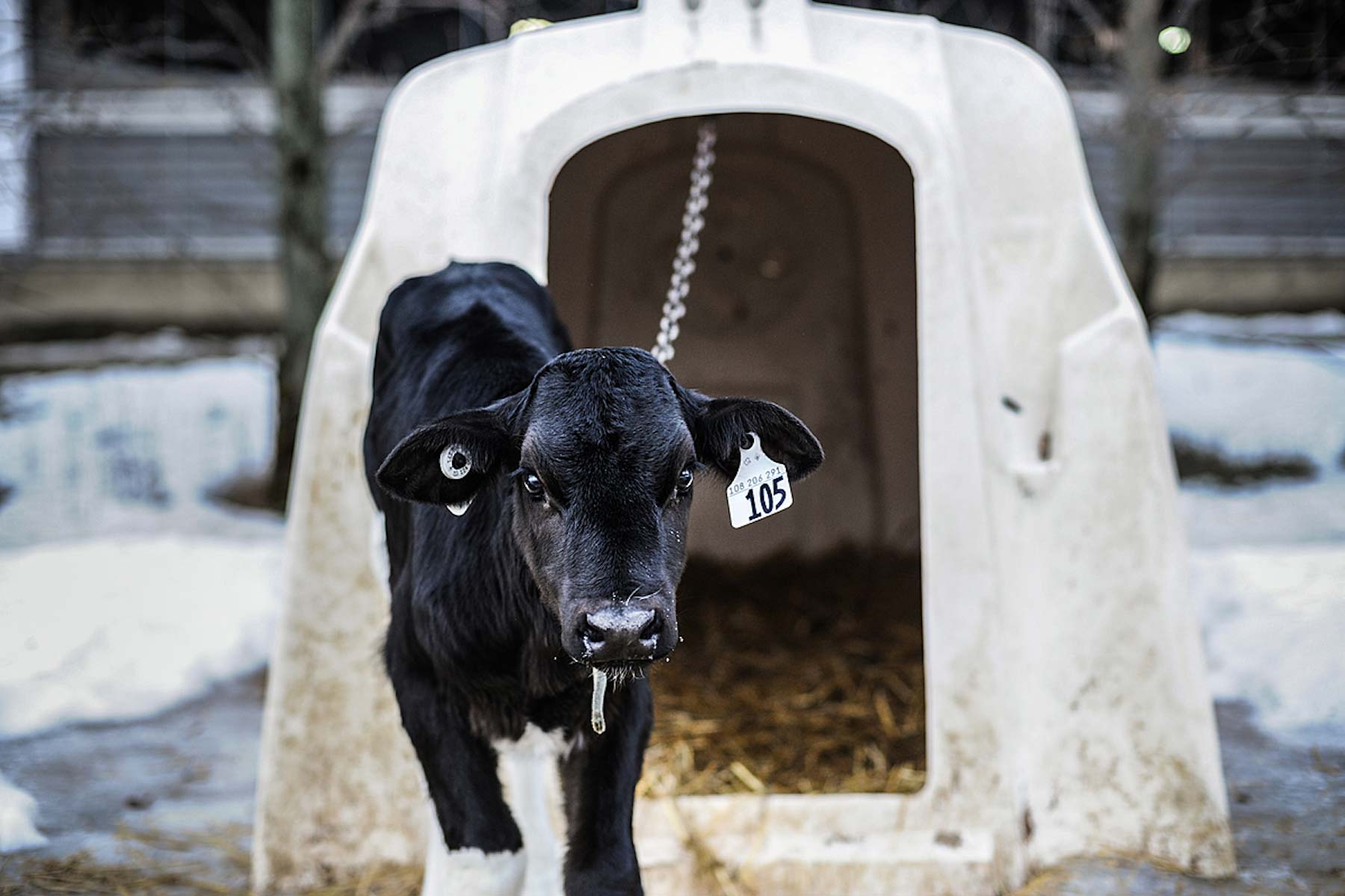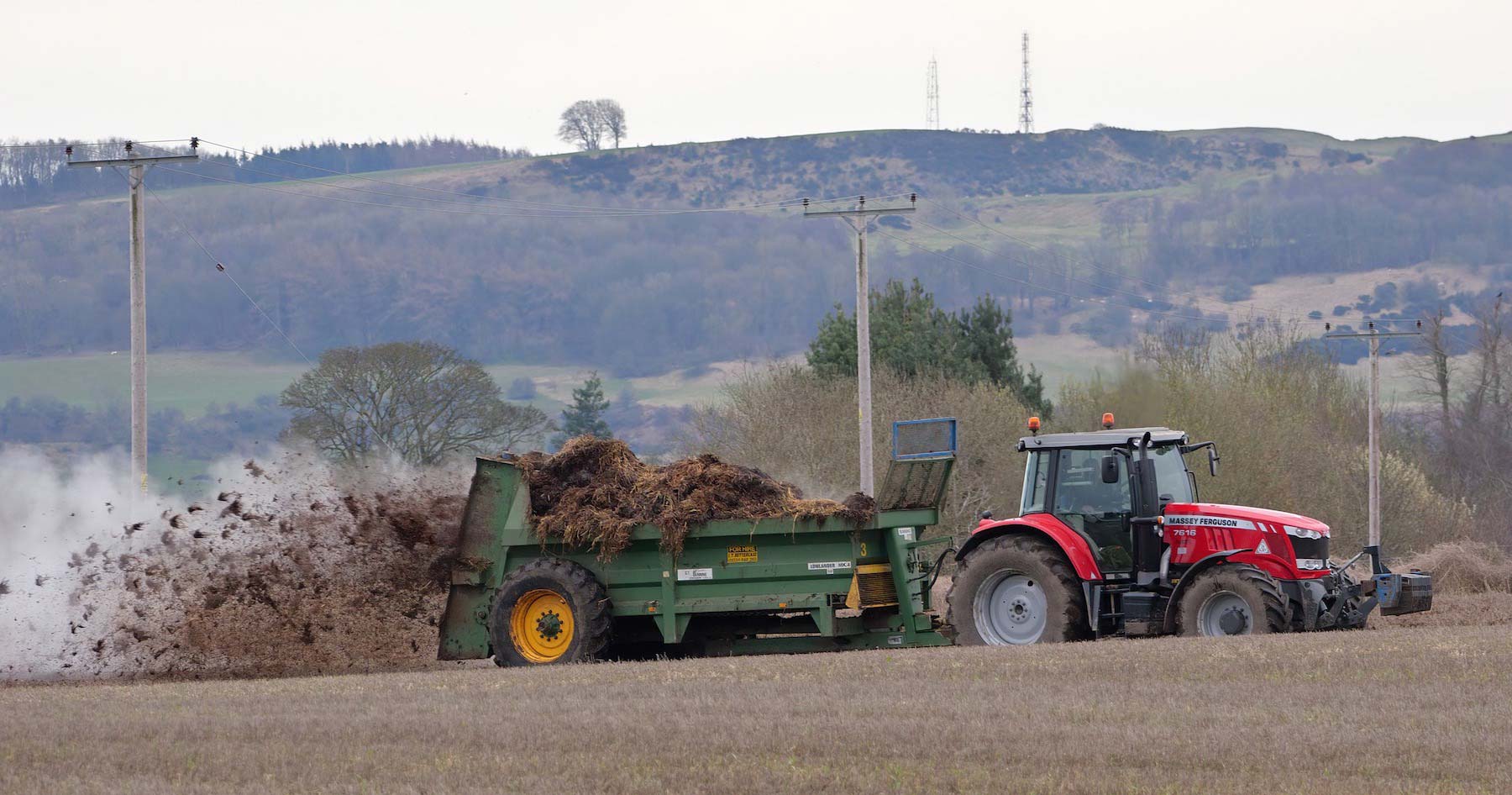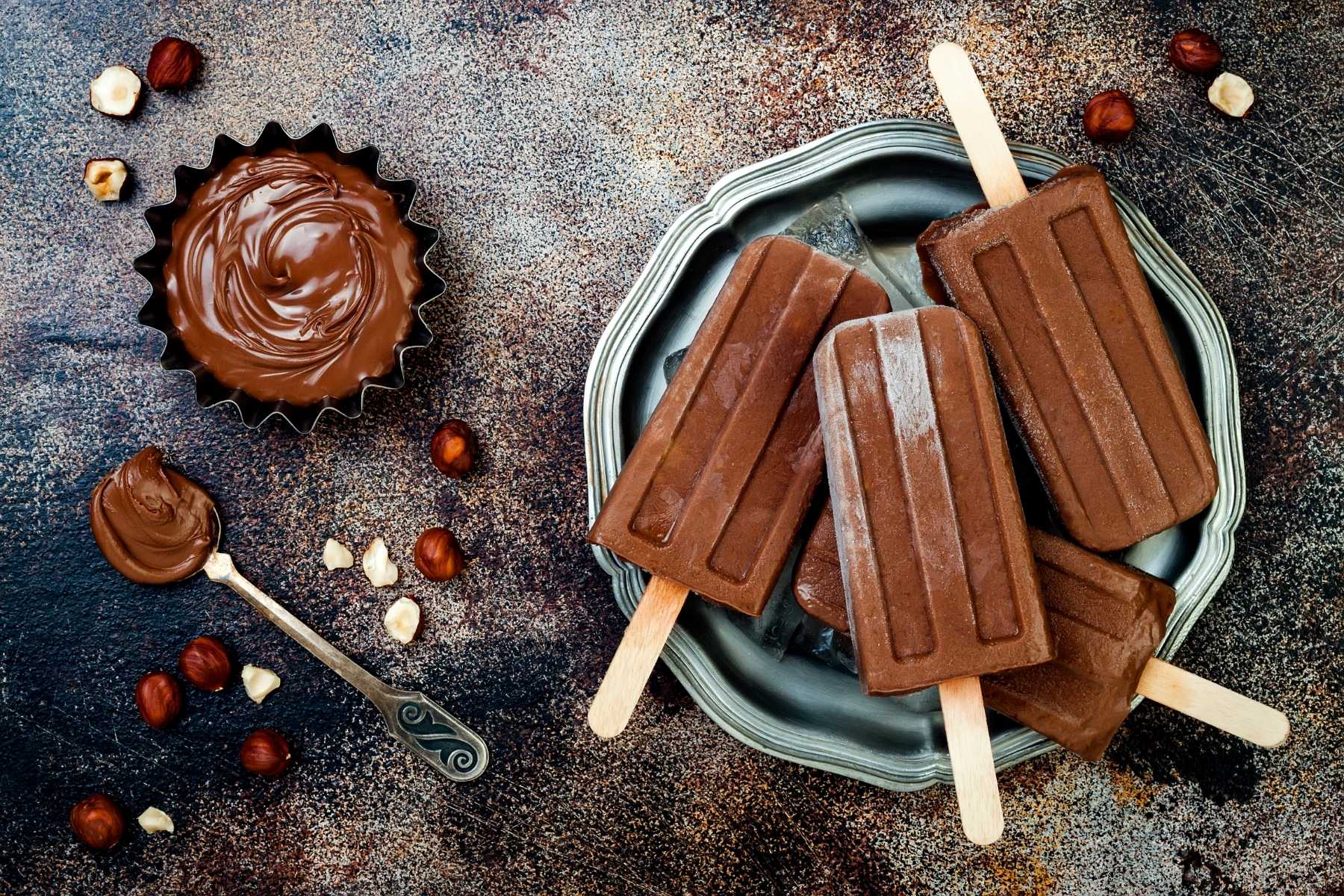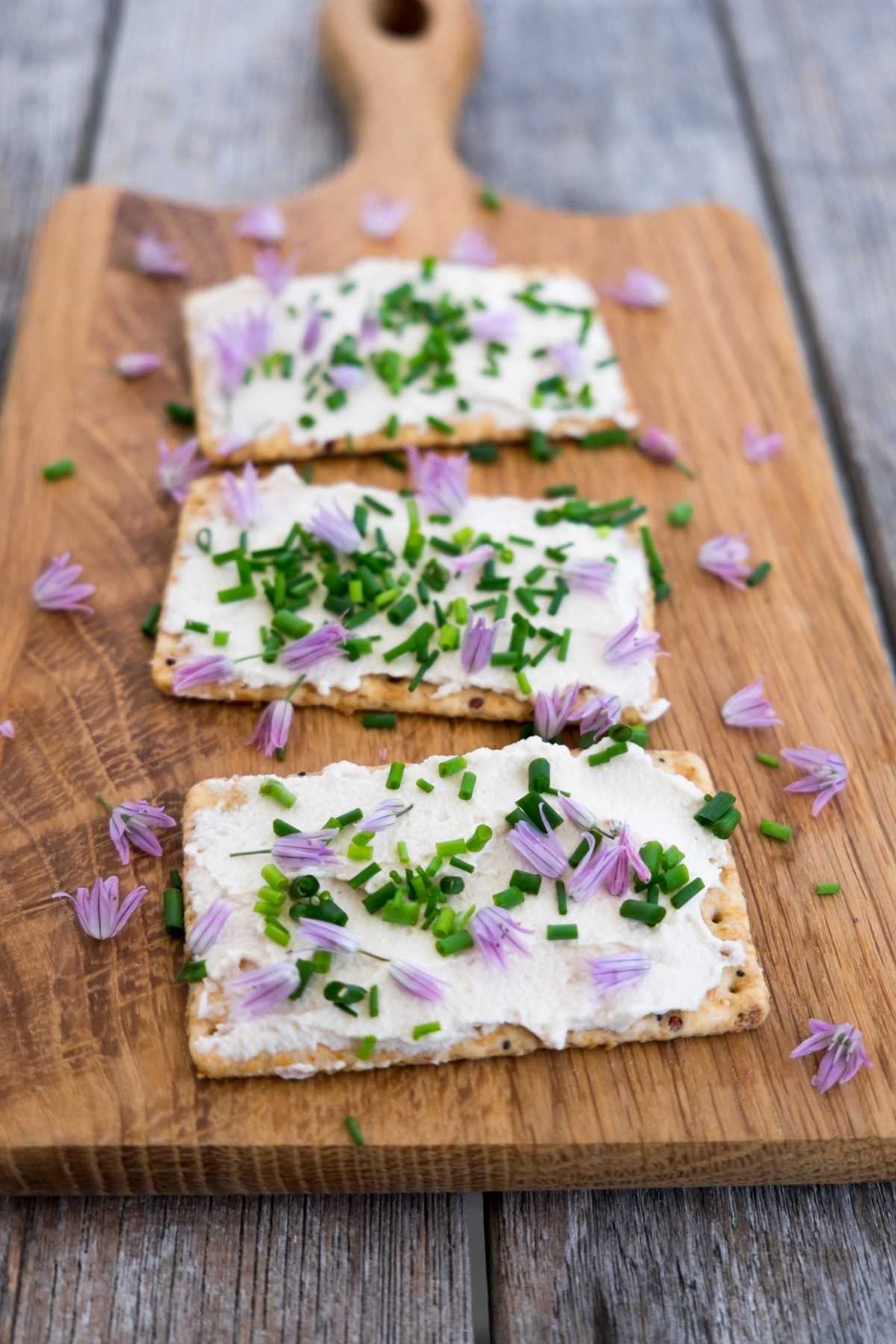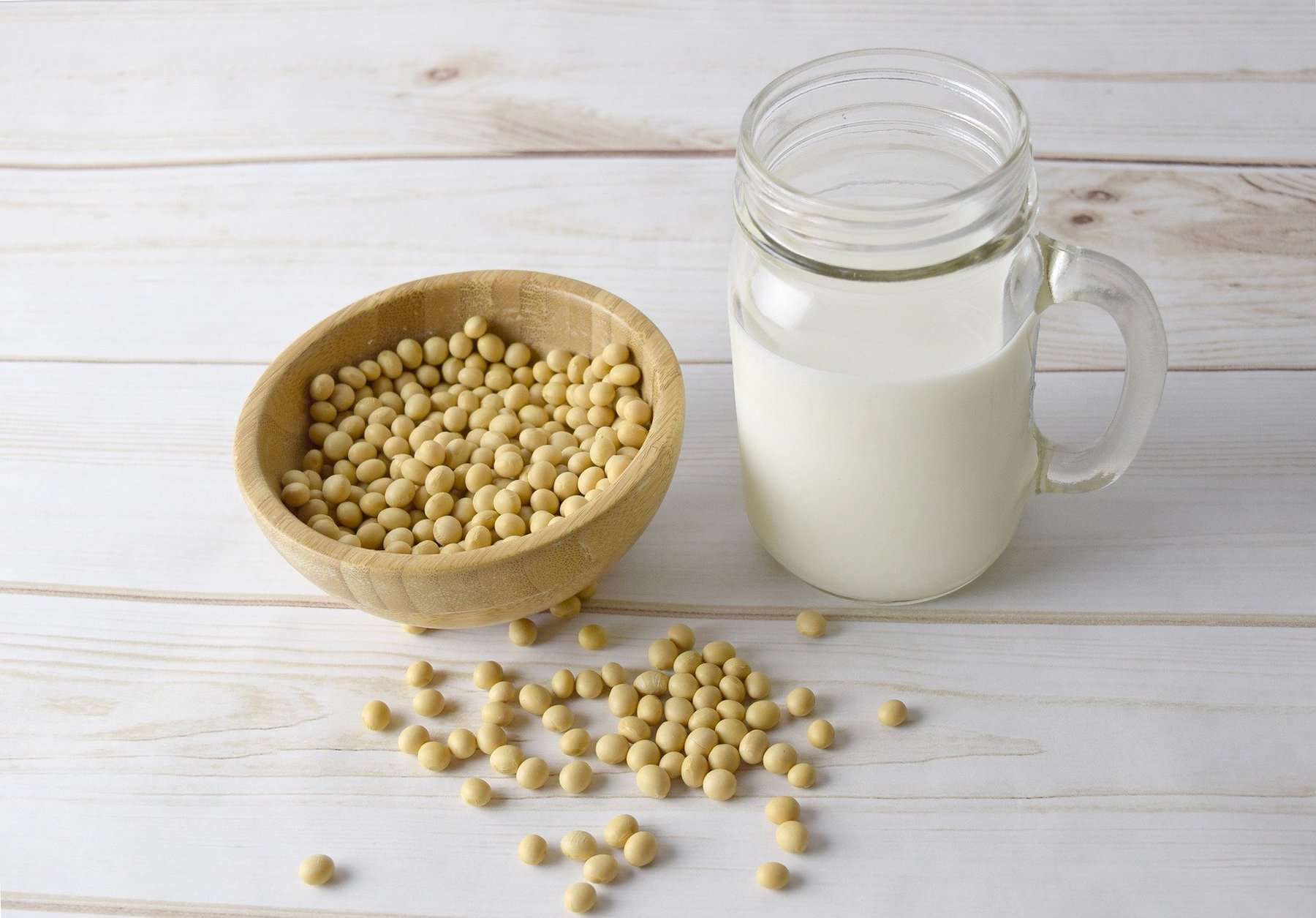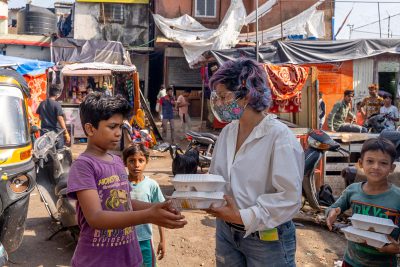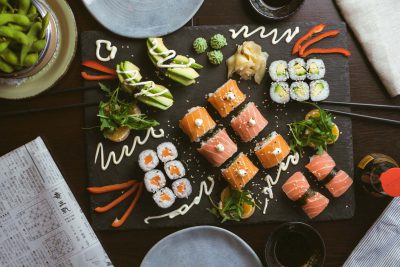Estimated reading time: 6 minutes
Thinking of ditching dairy? You are not alone. Whether your health is making you reassess your diet, or you have learned just how bad the dairy industry is for animals and the environment, switching to dairy-free is a powerful and positive step. And with so many delicious dairy-free alternatives, it’s also a really simple one.
What Does It Mean To Be Dairy-free?
It simply means not eating dairy products, which includes dairy-based milk, cheese, cream and ice cream. This is not just dairy from cows, but all milk products from animals, including buffalo and goats, too. The good news is that those who avoid dairy can still eat dairy-free versions of all these foods.
Why Go Dairy-free?
There are four main reasons why people choose not to consume dairy: they cannot digest it, they have health concerns about dairy, they do not wish animals to be harmed for their food, or they wish to reduce their food-related environmental footprint.
Lactose Intolerance
Most of the adult population of the world cannot digest the sugar in milk. Almost 100 percent of Asian, African and Native American people are lactose intolerant while in black communities, the rate is over 70 percent. Many people do not know they cannot digest it, and suffer the symptoms – bloating, diarrhea and abdominal cramps – without knowing what is causing it. Switching to plant-based milks, cheeses and other items can stop these unwanted and unpleasant symptoms immediately.
Health Reasons
There are other health concerns relating to dairy, too. According to the Physicians Committee for Responsible Medicine, “Milk and other dairy products are the top source of saturated fat in the American diet, contributing to heart disease, type 2 diabetes, and Alzheimer’s disease.” These are some of our most serious life-limiting and life-threatening conditions. Research has also linked dairy to an increased risk of breast, ovarian and prostate cancers. No wonder plant milks are booming in popularity!
Ethical Considerations
Cows do not just make milk and give it to us willingly. They make milk for their calf. To exploit this biological process, cows are repeatedly impregnated to keep their milk flowing. Since it is the milk that is valuable, not the calf, the baby will be taken from their mum within hours of birth – a separation that is traumatic and distressing for both. Male calves may be kept chained and alone, and deliberately kept weak so their flesh remains pale. This is what baby animals must endure for the production of veal. Female calves may be impregnated as soon as they are old enough and they too will lose calf after calf so people can take their milk.
The physical and emotional toll on cows is so huge that they break down before they are six years old. There is no compassion shown for what they have already suffered. When their bodies can no longer be profited from, these exhausted mothers are slaughtered. All over the world, investigations have shown just how badly cows suffer for dairy, including in the USA, Canada, India, Australia, the UK and Italy.
Environmental Concerns
Cows are one of the biggest emitters of climate-changing gases, and farming them adds significantly to climate breakdown. Cows also eat many more calories in food than are returned in their milk, making them an inefficient way to feed a growing human population. And the dairy industry is also one of the biggest agricultural contributors to water pollution, which kills aquatic life in rivers and oceans. Our consumption of dairy is a huge problem for the planet.
Are Lactose-free And Dairy-free The Same?
No. There are dairy products that have been engineered to be lactose-free, which may be easier to digest but this does not address the other health, ethical and environmental concerns. Choosing dairy-free means no lactose, no dairy, no cow suffering and slaughter, no concerns over cancer, and a far smaller environmental impact.
Are Vegan Products Lactose-free?
Yes! Vegan products contain no dairy, therefore no lactose either.
What Can A Dairy-free Person Eat?
Those who choose not to eat dairy do not miss out on anything. They eat what everyone else eats but just choose dairy-free versions of their favorite foods instead.
Dairy-free Ice Cream
See! No need to miss out on a single thing. There are as many flavors of vegan ice cream as there are of dairy ice cream, and they taste every bit as good.
Dairy-free Cheese
There are plenty of vegan cheeses available. Some are made from soy, others from coconut or cashews. There are hard and soft cheeses, those that melt and others that are great eaten straight from the pack when you think no one is watching.
Dairy-free Yogurt
Those who like to start the day with yogurt can do so without having to eat dairy. There are many types of vegan yogurt, usually made from soy, oat or coconut. They come in plain and many other flavors, including strawberry, vanilla and blueberry.
Dairy-free Cream Cheese
Your bagel need never be naked. Try the delicious dairy-free cream cheeses, available in original, garlic & herb, onion, black pepper and many more flavors.
Dairy-free Butter
There are plenty of options readily available here, and they can be used just like dairy butter, including in sandwiches, in baking and to melt over pasta or vegetables.
Dairy-free Chocolate
Most dark chocolate contains no dairy but there are now many excellent creamy “milk” chocolates that actually contain no milk at all. Some of the biggest chocolate companies are creating dairy-free chocolates as the demand for them grows and grows.
Milk Alternatives
For your tea and coffee, for cereal, for baking, or just to drink as it is, there is a huge array of plant milks. Choose from soy, oat, rice, cashew, hemp, almond, hazelnut and coconut milk. Some people like almond in their coffee but soy in their oatmeal. Others prefer oat milk in their tea and like cashew in their smoothies. Try them all and see which ones you like best.
Sour Cream
There is nothing that cannot be made dairy-free, even sour cream. So, you can load it onto baked potatoes or fries, add it to nachos and burritos, or use it as the base for dips.
Coffee Creamer
If coffee creamer is more convenient for you than milk, don’t worry. There is vegan coffee creamer available, too.
How To Identify Dairy-free Products?
You’ll find many dairy-free products in stores. Look out for the words: “plant-based”, “dairy-free” and “vegan”. If you’re unsure, check the ingredients list and avoid anything that says: milk, buttermilk, cream, whey, casein or ghee.
What To Consider Going Dairy-free?
If you consume a lot of dairy, you’ll need to make sure that you get the nutrients it contains elsewhere. It’s not difficult, just something to be aware of.
Calcium
Dairy is a useful source of calcium so we need to make sure we have other sources in our diet. Some dairy-free milks and yogurts are fortified with calcium, and you can get more from calcium-set tofu, green leafy vegetables, sesame seeds and tahini, pulses, dried fruit and some breads.
Protein
While dairy does contain good levels of protein, so do many other foods, and that means vegans should never fall short. Besides, soy milk contains almost as much protein as cows’ milk so you can simply switch like for like.
Vitamin D
In some countries, cows’ milk is fortified with vitamin D. To replace this, just buy a plant milk that is similarly fortified – you’ll find that lots are!
Iodine
Cows’ milk does not naturally contain iodine but gets contaminated with the disinfectants used to clean the milking machinery, and that’s how iodine gets into the milk. Again, some plant milks are fortified with it so choose those. Other options for boosting iodine are using iodized salt, eating brown seaweed, and taking a supplement.
Conclusion
Going dairy-free has so many benefits – from our own health, to protecting the planet, to ending the killing of calves. And with so many tasty dairy-free foods available, there are no drawbacks to going dairy-free at all. Why not try some of the plant milks, cheeses and other products, and see what you think?
